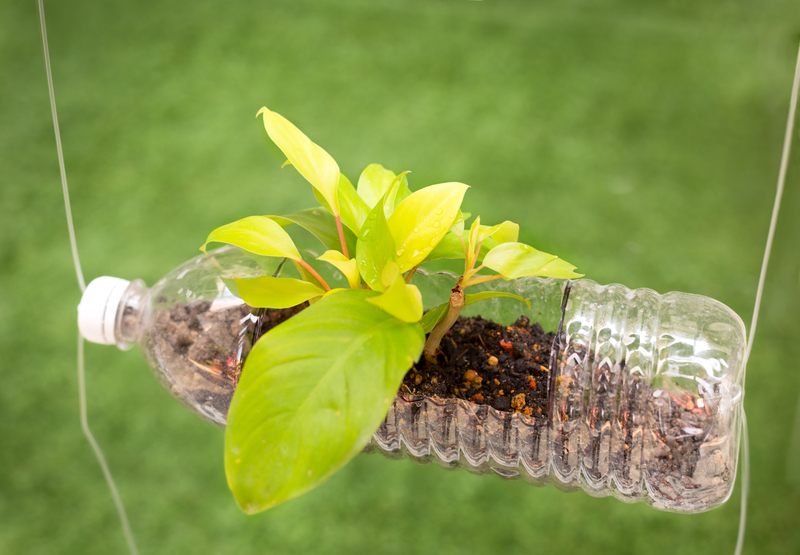Earth-Loving School Break Activities
Introduction to Eco-Friendly School Breaks
School breaks are a great opportunity for students to relax, rejuvenate, and engage in activities that not only benefit them but also the planet. Incorporating earth-loving activities during the break can make a significant impact on the environment and instill eco-conscious habits in children. This article explores various eco-friendly activities that families can engage in during school breaks, ensuring fun and sustainability go hand in hand.

Outdoor Adventures
Nothing beats the joy of being outdoors, surrounded by nature. Here are some activities that combine adventure and earth-love:
Hiking and Nature Walks
Taking your children on hiking trips or nature walks not only provides physical exercise but also educates them about the natural world. Ensure you choose trails that are environmentally managed and encourage your kids to observe local flora and fauna without disturbing the ecosystem.
Camping with a Twist
Traditional camping can be enhanced with eco-friendly practices. Use biodegradable products, set up camp in designated areas to protect wildlife, and implement a 'leave no trace' policy. Teach children how to respect nature by minimizing waste and conserving resources.
Eco-Craft Projects
Crafting can be both fun and educational, especially when it involves upcycling and recycling. Here are some ideas:
Upcycled Art
Transforming old items into beautiful art pieces is a wonderful way to teach kids about recycling. Old magazines, bottle caps, and plastic bottles can all be repurposed into new creations, encouraging creativity while reducing waste.
DIY Bird Feeders
Creating bird feeders from recycled materials like milk jugs or pine cones smeared with peanut butter and rolled in birdseed can attract local wildlife to your backyard, providing entertainment and education about local species.
Gardening Activities
Gardening is an excellent way to connect with nature and learn about sustainability.
Planting a Vegetable Garden
Starting a vegetable garden can teach children about where food comes from and the importance of sustainable farming practices. Even small spaces can be utilized for container gardening, making it accessible to everyone.
Composting Projects
Composting is a practical way to reduce household waste and provide rich soil for gardening. Educate your children on what can be composted and the benefits it brings to the garden, turning waste into valuable resources.
Educational Outings
Visits to Nature Reserves and Parks
Local nature reserves and parks often have educational programs and tours that teach about conservation and the environment. These outings can be both fun and informative, providing real-world examples of ecological principles.
Eco-Friendly Workshops
Many communities offer workshops on topics like sustainable living, eco-friendly crafts, and wildlife conservation. Participating in these workshops can deepen your kids' understanding of how their actions impact the environment.
Pros and Cons
- Pros:
- Promotes physical activity and outdoor learning.
- Encourages creativity and problem-solving skills.
- Fosters a sense of responsibility towards the environment.
- Provides educational opportunities on sustainability and conservation.
- Cons:
- May require more planning and preparation compared to traditional activities.
- Some activities might have initial costs (e.g., gardening supplies).
- Weather-dependent activities may need contingency plans.
- Requires continuous effort and commitment to instill long-term habits.
Tips for Successful Earth-Loving Activities
- Start with simple activities to gauge interest and gradually increase complexity.
- Involve the whole family to create a more engaging and inclusive environment.
- Educate about the environmental impact of each activity to deepen understanding.
- Set achievable goals to maintain motivation and interest.
- Document the experience through photos or journals to reflect on progress and learnings.

Takeaways
Integrating earth-loving activities during school breaks helps children:
- Appreciate and connect with nature.
- Learn sustainable practices that can be applied in daily life.
- Develop a sense of environmental stewardship.
- Engage in educational and fun experiences outside the classroom.
Conclusion
Incorporating eco-friendly activities during school breaks not only provides an enriching and enjoyable experience but also fosters a lifelong appreciation for the environment. By engaging in outdoor adventures, eco-crafts, gardening, and educational outings, families can create lasting memories while promoting sustainability. The benefits far outweigh the challenges, making earth-loving school break activities a win-win for both children and the planet.
Start planning your earth-friendly school break activities today and invest in a greener future for the next generation!




